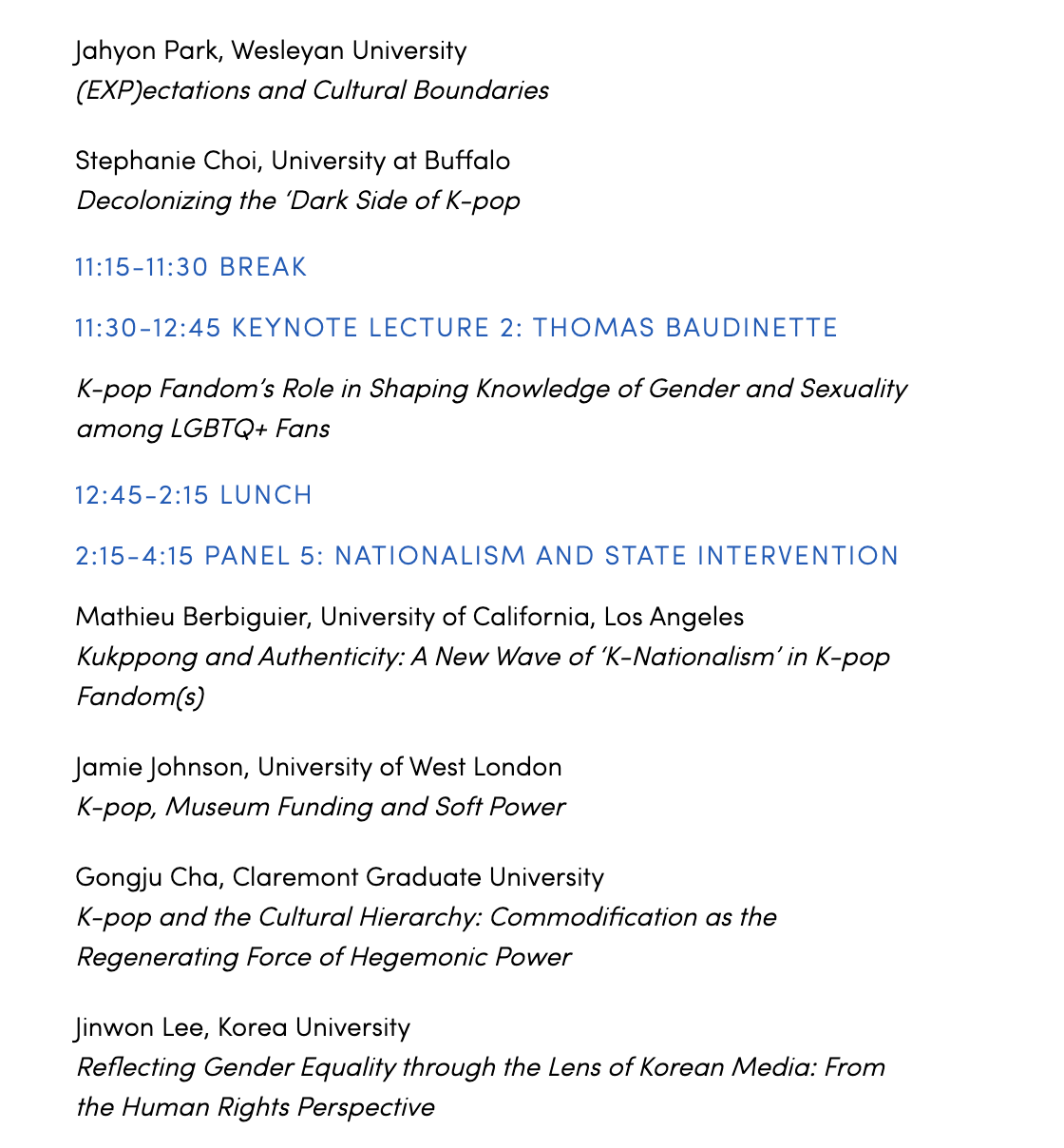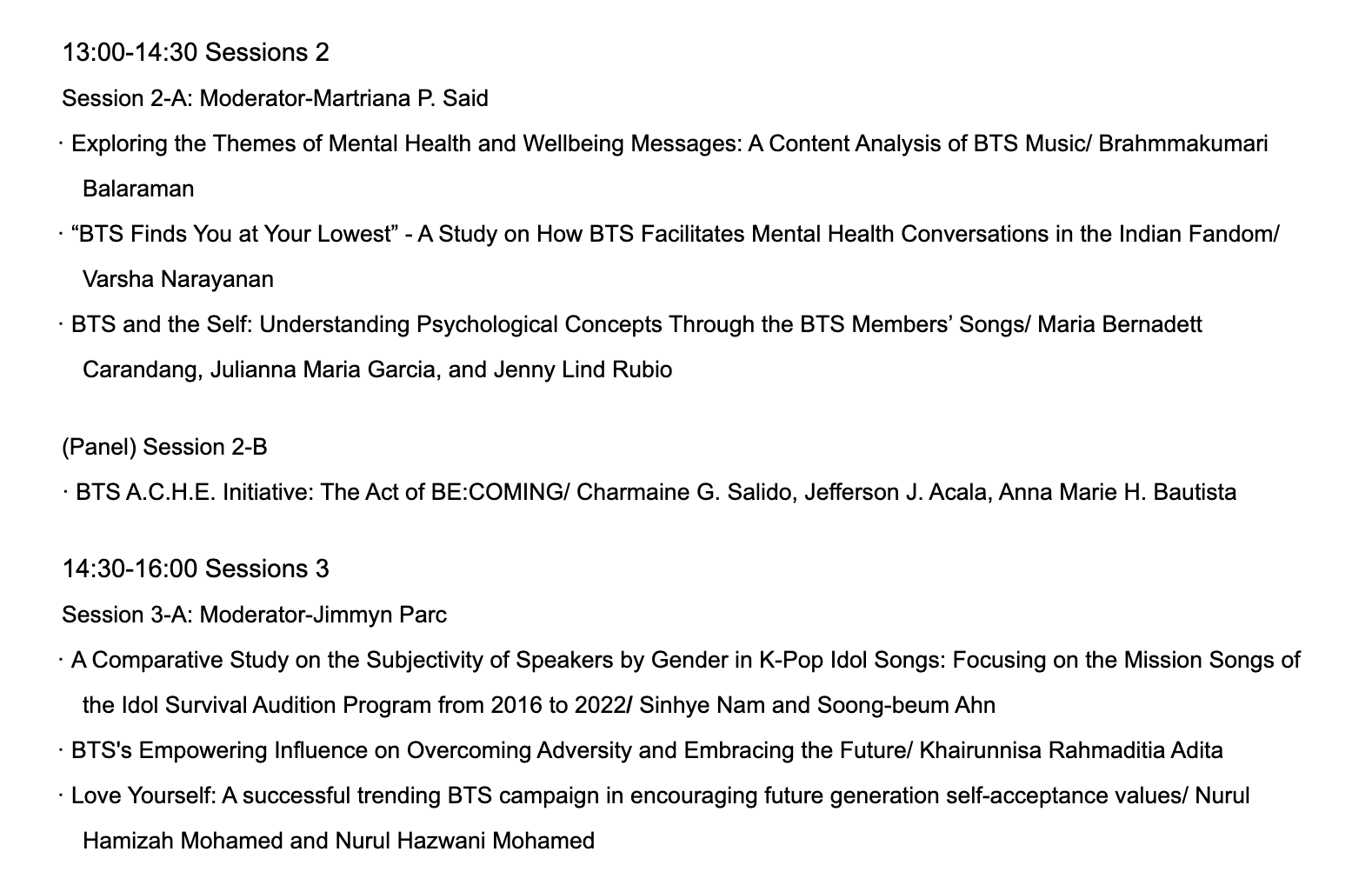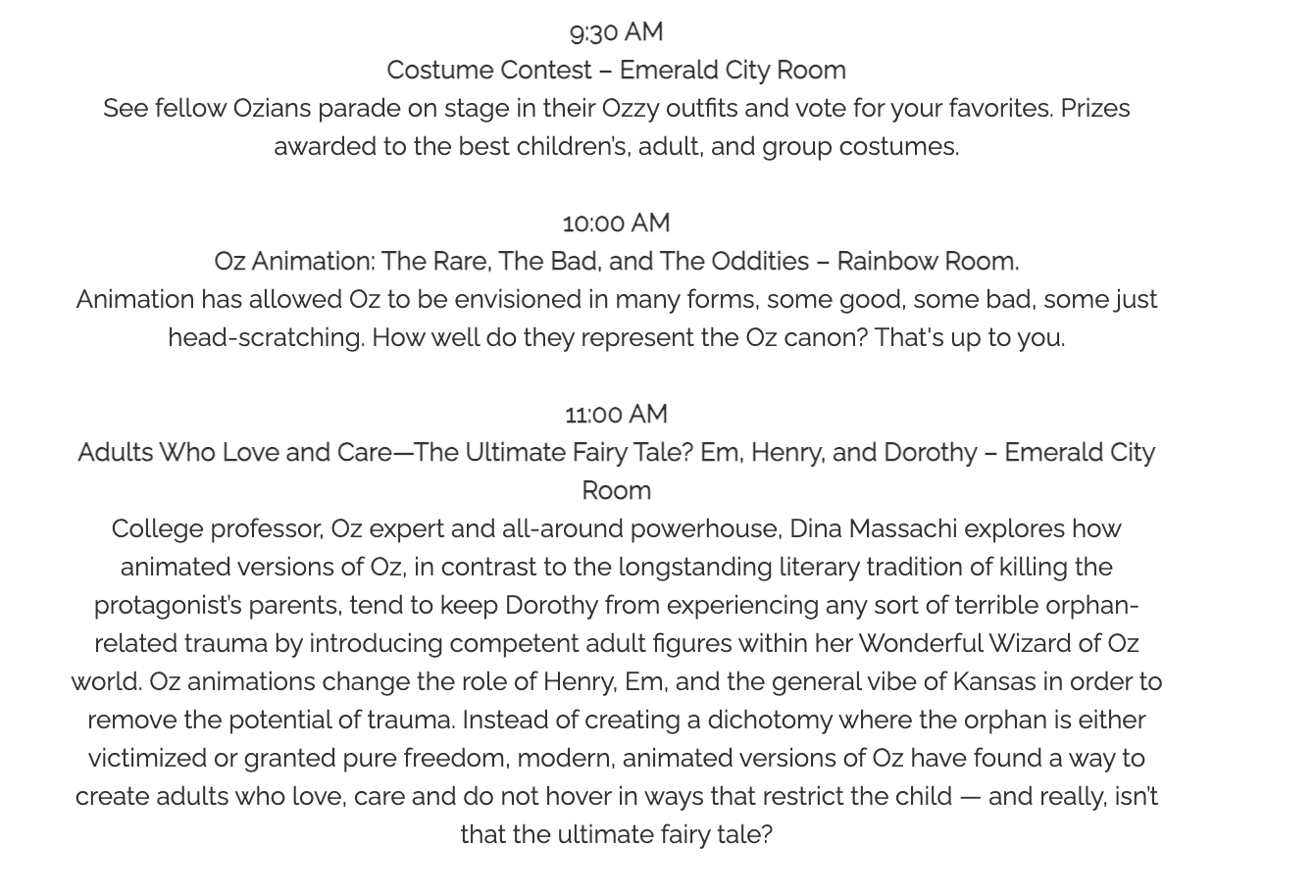“K-Pop Studies” is a joke
There was a x/tweet going around last week that ended up with a truly spectacular ratio:
“hot take : maybe don't use bts on your school projects ?,????? this is giving me middle schoolers presentation vibes and it gives me the ick”
The ratio was incredible but the x/tweet wasn’t wrong. The original x/tweeter had posted a screenshot of a school assignment titled “Creative Individual Profile” and a comment from the instructor: “I’m not familiar with Yoongi but he sounds like an exceptional young man.” While I’m certainly pleased for the OP to have received a good grade on a paper, the entire thing does have the feel of doing a book report on a Star Wars novel for English literature or analyzing the leadership decisions of Captain Picard for history class.
Obviously there is nothing wrong with reading and discussing Star Wars novels or the leadership decisions of Captain Picard. I’ve spent plenty of time doing those things and many other, dorkier things. I’m writing this blog post right now.
But here’s what seems to have gotten lost in Anglosphere K-Pop World: Fan Work Is Not The Same Thing As Academic Study.
I don’t know if it’s because the loudest voices involved in the Anglosphere K-Pop World are coming from outside of traditional fandom or if this lack of academic rigor is due to something else happening more broadly in academia but it should be a problem when the slate of papers at an allegedly serious K-Pop Conference is indistinguishable from offerings at fan conferences for properties like Supernatural or Doctor Who. The difference being that the latter understand this is all just a bit of fun.
Almost every paper you see in current “K-Pop Studies” will either be about fan responses to K-Pop or it will be written from within the K-Pop Fan Kayfabe. Or both.
There are two big tells that none of this “K-Pop Studies” work is serious.
1. The content is never discussed or analyzed in concrete terms, especially musical.
2. The financial motivations and practical business side of K-Pop tends to be ignored completely.
To the first point, almost none of this academic output is coming from actual music studies students. None of these papers will give you a musical breakdown of what makes a song like “Sticker” interesting. You won’t even get the level of detail you’ll see in a channel like Classical Musicians React to Kpop. K-Pop may as well not even have a musical component as far as K-Pop Studies is concerned. Of the K-Pop symposium screenshotted far left above, only two of the papers appeared to discuss anything even tangentially related to the musical component of K-Pop (“The Techno-Woman Warrior: K-pop and the Sound of Asian Futurism” and “Multivocal or Maximalist? The Politics of Vocal Production in K-pop”) and of those two papers only one was written by an academic with a formal background in music (“Multivocal or Maximalist? The Politics of Vocal Production in K-pop”).
To the second point, almost everything in K-Pop Studies today is about fan consumption within the K-Pop Kayfabe. References inserted into music videos specifically for fans to find are treated as sacred totems of the idols’ true beliefs rather than references inserted for fans to find and discuss—whether that’s politics or shipping. The lack of interest in the production or even the domestic reception of this material is breathtaking. There is no equivalent in Anglosphere K-Pop Studies to a guy like J-Pop idol scholar Patrick Galbraith who has spent his career looking at the production of idol material and engages with current Japanese academic debate on the topic.
But don’t take my word for it. Go check yourself and see what’s available and take critical eye to things like survey tool design; sample size; and quality (and relevance) of the citations.
A paper I read recently was from 2000, titled “Listening Patterns and Identity of the Korean Diaspora in the Former USSR,” by Hae-Kyung Um. Dr. Um gives a detailed account of the creation of her survey tool and makes a point of seeking out a broad sample size. She interviewed something like 450 people in three countries across broad age ranges. It’s an interesting paper and one that contributes to understanding the listening habits of a certain population at a certain time. This paper wasn’t K-Pop related specifically but I wish there were more papers like this in K-Pop Studies and fewer papers that could have a few keywords scratched out and be reskinned to Doctor Who or Sherlock.




